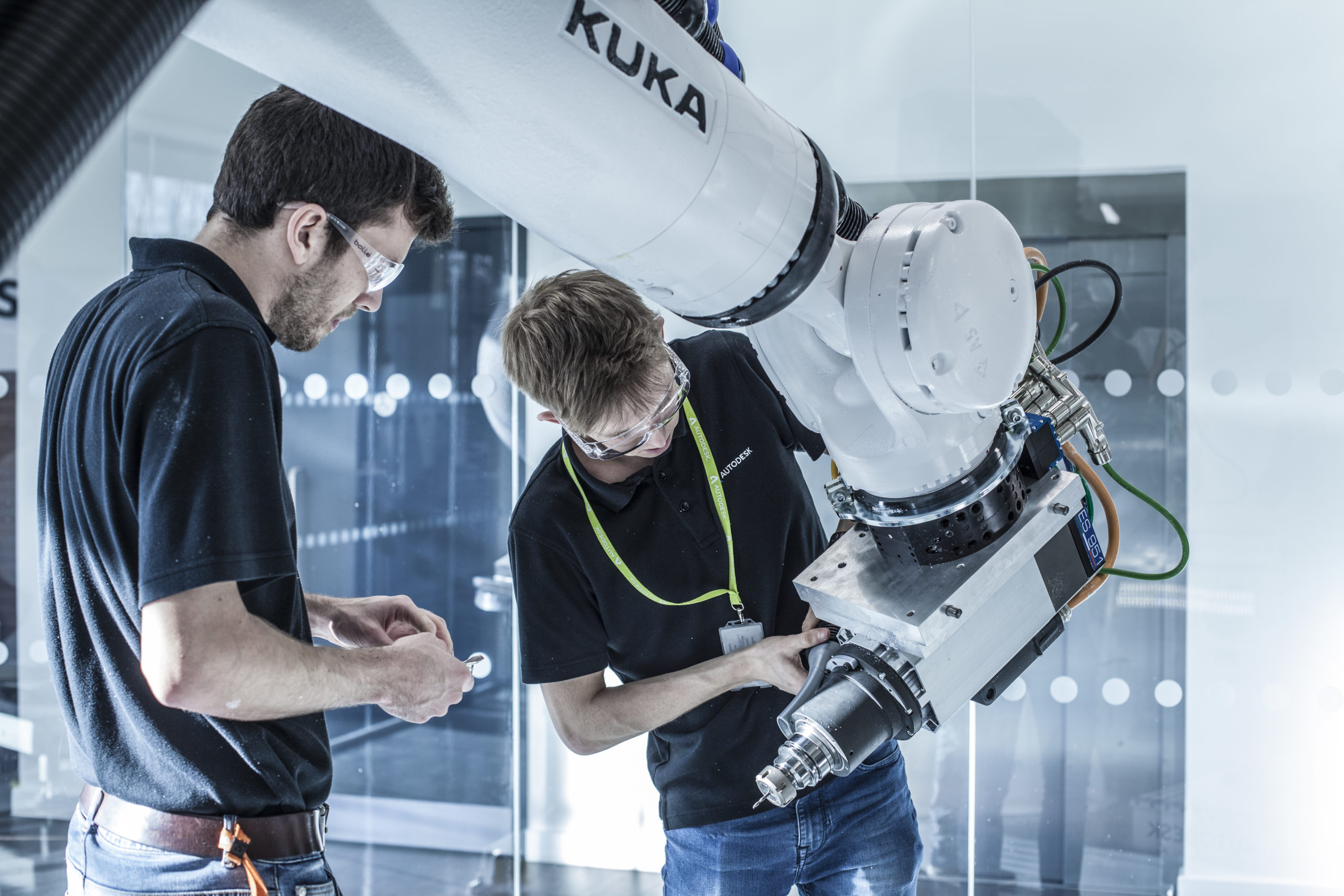& Construction

Integrated BIM tools, including Revit, AutoCAD, and Civil 3D
& Manufacturing

Professional CAD/CAM tools built on Inventor and AutoCAD
1 min read

CNC machines and automation have long been the bastion of success for growing shops. When a business can afford to add these tools to their shop, it usually means that they have had enough business to grow.
But adding automation isn’t just for the major shops anymore.
In the past, shops had to rely on large capital investments or major commitments from customers to add automation to their shops. CNC (as well as many other automation processes) isn’t new technology, but it has come down significantly in price and become more approachable.
Also, Autodesk has made CAD and CAM more approachable, which is also a major part of this new evolution. Affordable access to both the machines of automation and the tools to operate them has ushered in a revolution for small manufacturing businesses.
The old model of manufacturing encouraged lower prices with larger quantities. While some circumstances and industries still benefit from this model, cutting edge businesses can now operate similar to large manufacturers without facilitating large budgets.
Small shops have the ability to adapt and adjust to a changing customer base – they often end up doing everything from production runs to custom jobs to full-on contract engineering work.
So, just because you can add automation to a small shop, is it really necessary?
The short answer is yes.
Larger manufacturers add automation to streamline the jobs of their employees and make things more efficient. Adding CNC at the right price point has obvious advantages, like creating multiples of the same part.
The next level of automation would be moving parts through a process with pick-and-place elements like a robot arm or a rail system. Adding elements like this to a small shop can save some serious time and effort.
This is especially apparent when moving between primary machines and secondary opps machines. The shop owner that added the setup in the video below was able to almost double production by moving engraving operations from an opp on his large VMC to a smaller secondary opps machine.
This is the perfect example of how adding automation to a small shop can not only make things more efficient, it can help the owners make more money.
By clicking subscribe, I agree to receive the Fusion newsletter and acknowledge the Autodesk Privacy Statement.
Success!
May we collect and use your data?
Learn more about the Third Party Services we use and our Privacy Statement.May we collect and use your data to tailor your experience?
Explore the benefits of a customized experience by managing your privacy settings for this site or visit our Privacy Statement to learn more about your options.